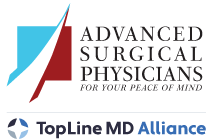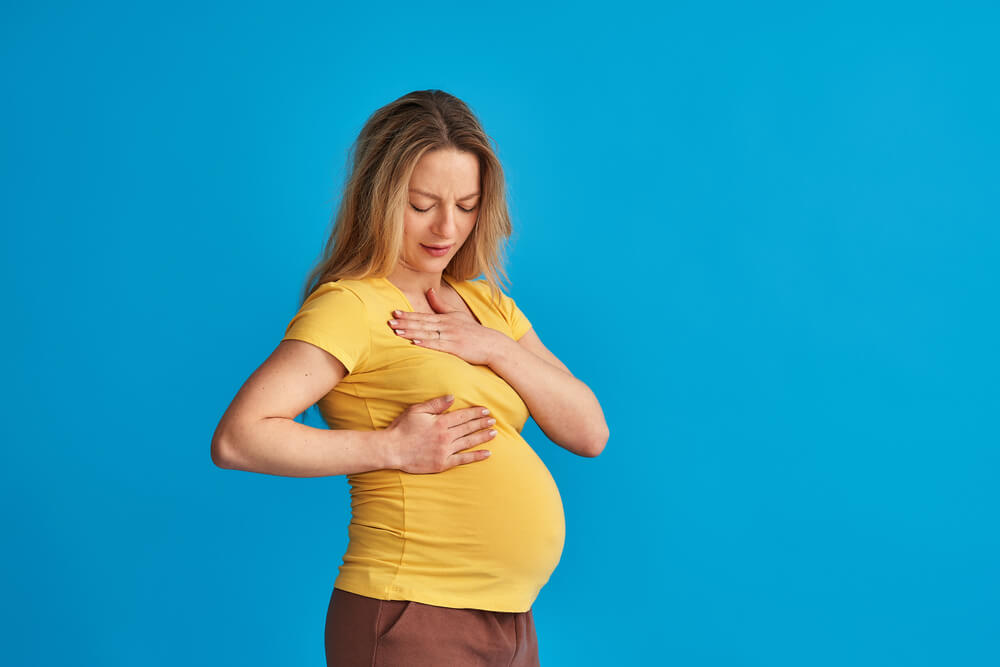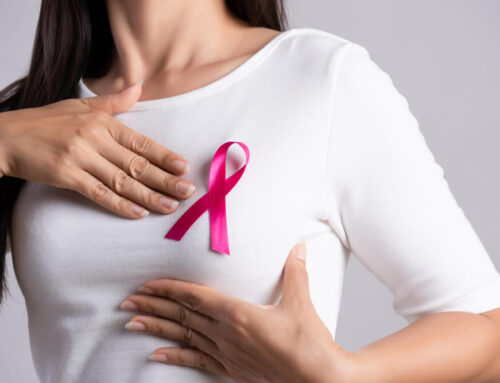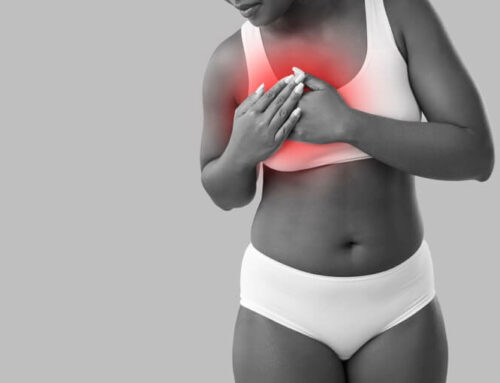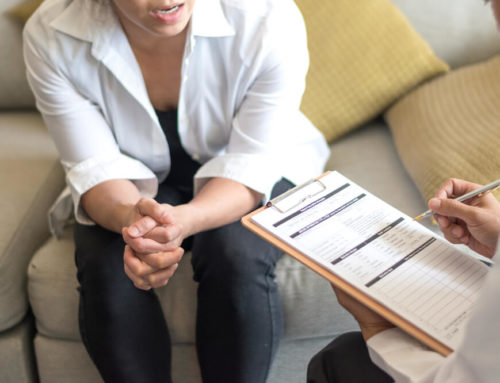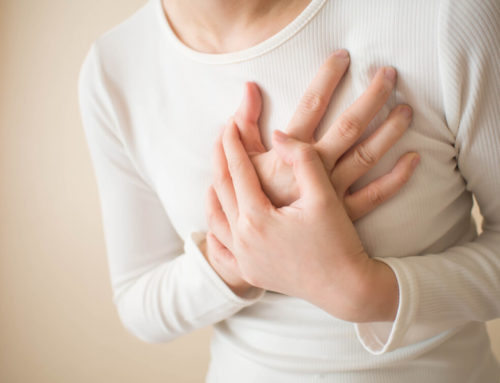Sensitive nipples can point to a wide array of reasons, some minor, while others are potentially severe. This comprehensive article goes through the facts on sensitive nipples, why your nipples hurt, and what to do when your nipples are sore to the touch.
But before jumping straight into the crucial details, remember to consult with a healthcare specialist whenever you have a concern. Your nipples may hurt for different reasons, and you must perform a check-up before self-diagnosing. In many cases, women who undergo breast augmentation or breast removal may experience nipple pain. If you are considering these procedures, we recommend breast surgery in Palm Beach County. Why? The results say it all.
That being said, find the answer to the pesky question “why do my nipples hurt when touched” below. Let’s begin.
Top 9 Reasons Why Your Nipples Hurt
Wondering why your nipples are sore to the touch? There are a few good reasons why you might be experiencing this sensation. Below, you’ll find the top 9 reasons for the question “why do my nipples hurt when touched.”
Your Clothes are Too Tight
Your nipples can be sore to the touch if you are wearing tight shirts, poorly fitted bras, and other undergarments that rub against your skin. In addition, the friction can increase when you are walking a lot or long-distance running. In some cases, friction can cause nipple bleeding.
A simple way to avoid this issue is to wear loosely fitted tops and bras that are the right size. Also, before going running, make sure to cover the nipples with nipple guards or a waterproof bandage (in case of sweating) for extra protection. If the situation is severe, you may need to consult a doctor and apply antibiotic ointments.
You Have a Skin Condition
Another common reason for sensitive nipples is a skin condition such as eczema or contact dermatitis. If you notice soreness and swelling around the nipple, you may have dermatitis. Some typical causes of this condition include irritants in your environment and allergies.
Whereas, with eczema, the cause is typically genetics, immune system problems, and dry skin. Luckily, by treating eczema, you can alleviate the feeling of sensitive nipples. In many cases, your healthcare provider may recommend phototherapy or light therapy, steroid creams, or lotions or creams that aid the immune system.
When it comes to allergy-caused dermatitis, your healthcare provider may recommend moisturizers, antihistamine pills, or a corticosteroid cream for the skin. Another way to ease the soreness is taking an oatmeal bath.
Always make sure to contact your doctor if you notice additional symptoms such as fever, severe pain, pus, and redness that won’t go away.
Your Period Is On Its Way
Many women experience sensitive nipples before getting their menstrual period. Your nipples can be sore to the touch due to rising levels of estrogen that lead to the swelling of breast tissue. Once you get your period, your breasts and nipples shouldn’t hurt anymore.
You Might Be Pregnant
Why do my nipples hurt when touched? Could I be pregnant? Possibly.
Due to hormone changes in a pregnant woman’s body, there may be some nipple tenderness. Other signs you should look out for if you suspect pregnancy: Missed menstrual cycles, fatigue, vomiting, and nausea, peeing very frequently.
Breastfeeding Can Cause Nipple Pain
Your nipples might be sore to the touch due to nursing. As the baby latches onto the breast, you may experience a short burst of pain in the nipple. After a few seconds, the pain should subside. On the other hand, if the baby doesn’t latch on properly, the pain could last longer. In some cases, you may experience cracking and bleeding nipples.
You Might Have an Infection
Nipples can be sore to the touch in case of infections such as mastitis, a condition that affects the milk ducts. Typically, breastfeeding women are at risk of mastitis, but any woman can get involved. In some cases, men can have mastitis too.
Other common symptoms of this infection include:
- Swollen breasts.
- Burning or a warm sensation in the breast, chills.
- Redness on the breast.
- A high fever.
Another infection that can make your nipples sore to the touch is thrush, a yeast infection of the nipple and breast. This condition may affect breastfeeding women, especially those mothers with cracked and bleeding nipples.
You Might Have Paget’s Disease
It’s improbable that you are experiencing sore nipples due to Paget’s disease, but there is a slight chance (1-4% of breast cancer patients). Other symptoms of this condition include a turned-in or flat nipple, a lump in the breast, bloody or yellow discharge from the nipple.
It Could Be a Sign of Breast Cancer
Usually, the first assumption people make regarding nipple pain is that it’s related to breast cancer. Although nipple sensitivity doesn’t necessarily have to point to breast cancer, sometimes it does. Keep a lookout for other breast cancer symptoms such as redness or scaling of skin over the nipple or breast, inward-turning nipple, unusual discharge from the nipple, swollen lymph nodes.
It Can Be a Side Effect of Breast Surgery
As mentioned previously, women can experience pain in their nipples and breast following breast surgery. For instance, women who undergo breast augmentation may experience sore nipples days or weeks after the procedure. However, this is a normal side effect, and it should go away once the tissues heal.
On that same note, women who have breast surgery due to breast cancer can experience phantom nipple and breast pain. This pain may feel like throbbing, itching, pressure, or the “pins and needles” sensation.
In addition, women who undergo breast removal due to cancer can experience phantom breast and nipple pain post-surgery or, in some cases, up to a year after the procedure. This pain happens due to damage to the nerves during surgery, and it usually requires anti-epileptic drugs or antidepressants for treatment.
How Can I Prevent Pain in the Nipples?
Always wear comfortable clothes that aren’t too restrictive. In some cases, you can’t do a lot to prevent pain in the nipples (for example, when it comes to your menstrual cycle). However, make a wardrobe switch if you experience soreness or pain due to wearing tight clothing.
Another good way to avoid pain or soreness is to avoid or reduce caffeine intake. Facts reveal that caffeine may contribute to cysts in the breasts.
You can also reduce salt intake during your period. Some women believe this helps in fluid retention. We also recommend frequently exercising to help your body remove the excess fluids.
If the symptoms get worse over time, immediately consult your healthcare provider.
What about breastfeeding-related pain? You can try the following to ease soreness and pain:
- Ensure your baby latches on correctly
- Regularly change the baby’s position
- Pump or nurse your baby regularly to reduce the risk of engorged breasts
If your baby is not latching on properly, we recommend visiting a lactation consultant, a pediatrician, or your doctor.
Give Us a Call Today
Whether you require professional guidance or support, we’ve every one of your needs covered. Our team of skilled experts will ensure the best results every time. Book a consultation today.

